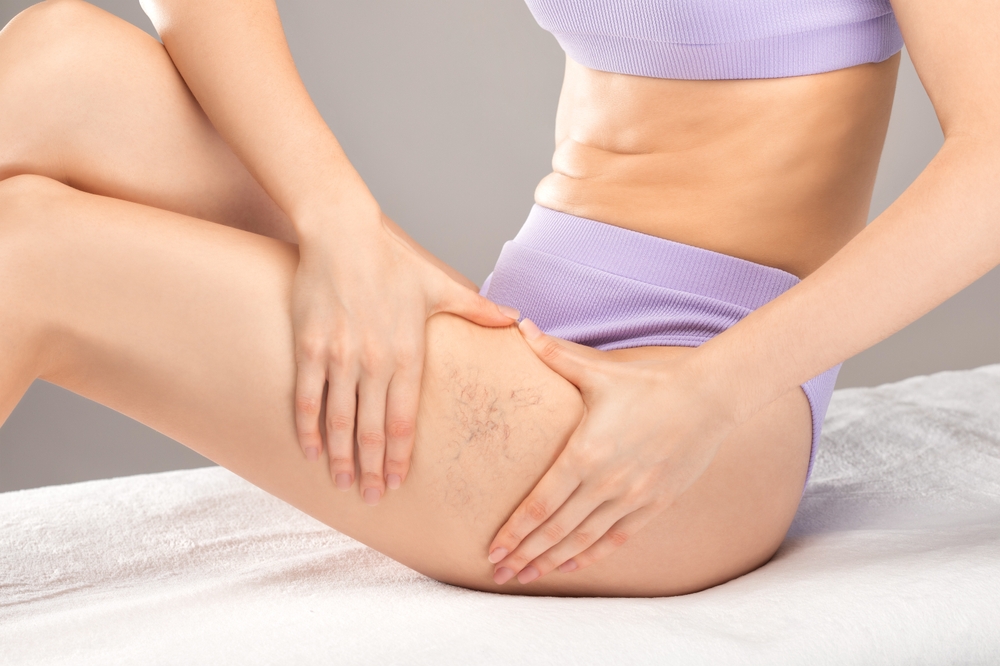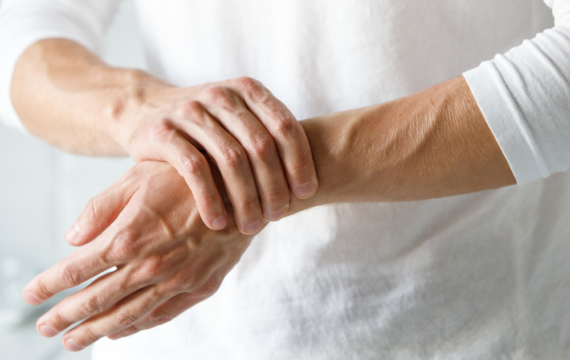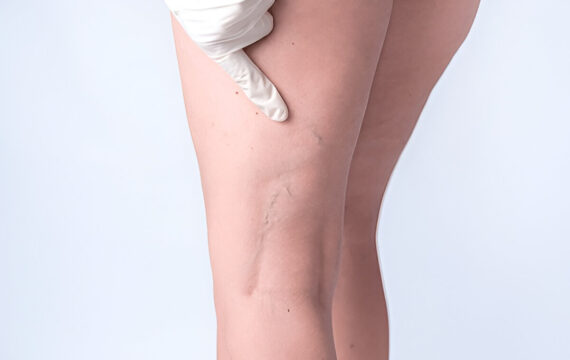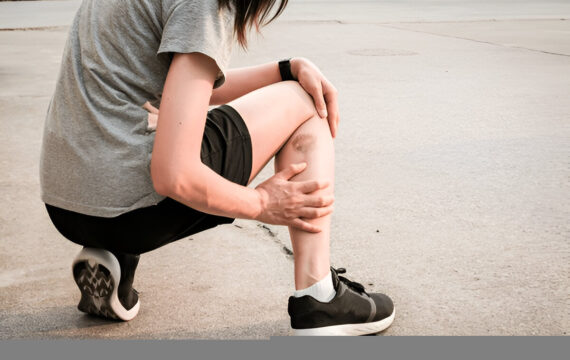Spider veins, or telangiectasias, are small, dilated blood vessels visible near the surface of the skin, often appearing on the legs and face. These veins may cause cosmetic concerns and occasionally lead to discomfort, such as itching or mild pain. Understanding the best treatment for spider veins requires considering their cause, severity, and individual patient needs.
Causes of Spider Veins
Spider veins often result from weakened or damaged valves in the veins. Common factors include:
- Genetics: A family history of spider veins increases the likelihood of developing them.
- Hormonal Changes: Pregnancy, menopause, or hormonal medications can influence vein health.
- Prolonged Standing or Sitting: Jobs or activities requiring extended periods of immobility can contribute to their formation.
- Sun Damage: UV rays can break down collagen and elastin, leading to visible veins on the face.
- Aging: Loss of skin elasticity and weakening vein walls with age can result in spider veins.
Treatment Options
Various treatments exist for spider veins, ranging from non-invasive therapies to medical procedures. Here are the most effective options:
1. Sclerotherapy
Sclerotherapy is the gold standard for treating spider veins on the legs. A solution is injected into the affected veins, causing them to collapse and eventually fade. This procedure is minimally invasive, requires no downtime, and usually achieves noticeable results after multiple sessions.
2. Laser Therapy
Laser treatments use focused light energy to target and destroy small spider veins, particularly on the face. Non-invasive and effective for smaller veins, laser therapy can cause mild discomfort and temporary skin irritation.
3. Radiofrequency Ablation (RFA)
For larger or deeper spider veins, RFA may be used. This technique employs heat generated by radiofrequency waves to close off problematic veins. It’s a minimally invasive option with quick recovery times.
4. Compression Stockings
Compression stockings are a non-surgical approach that improves circulation and reduces the appearance of spider veins. While they do not eliminate existing veins, they can prevent worsening and alleviate symptoms such as swelling or aching.
5. Lifestyle Changes
Incorporating healthy habits can prevent new spider veins and support treatment outcomes:
- Maintain a healthy weight.
- Exercise regularly to improve blood flow.
- Avoid prolonged periods of sitting or standing.
- Use sunscreen to protect against UV-induced facial spider veins.
6. Other Emerging Therapies
Innovative treatments, such as foam sclerotherapy and intense pulsed light (IPL), continue to gain popularity. These methods offer additional options for patients who may not respond to traditional techniques.
Choosing the Right Treatment
The best treatment for spider veins depends on individual factors, including the size, location, and number of veins, as well as the patient’s overall health and aesthetic goals. Consulting with a healthcare professional, such as a dermatologist or vein specialist, is essential to develop a tailored plan.
Conclusion
Spider veins, while often harmless, can affect self-confidence and comfort. Treatments like sclerotherapy and laser therapy offer effective solutions, while lifestyle changes and preventive measures help maintain results. If you’re considering treatment, seek professional advice to explore your options and achieve optimal outcomes.




